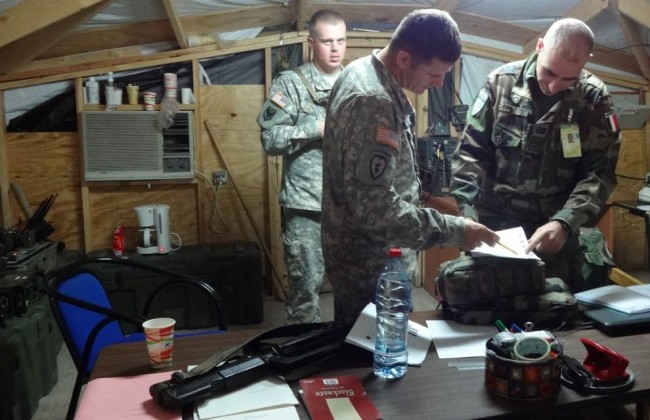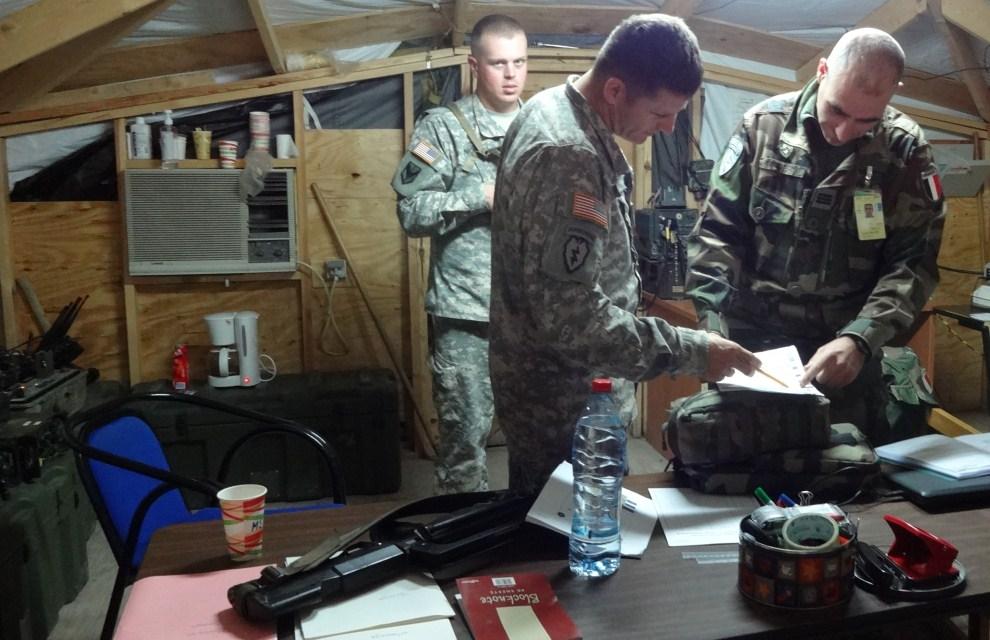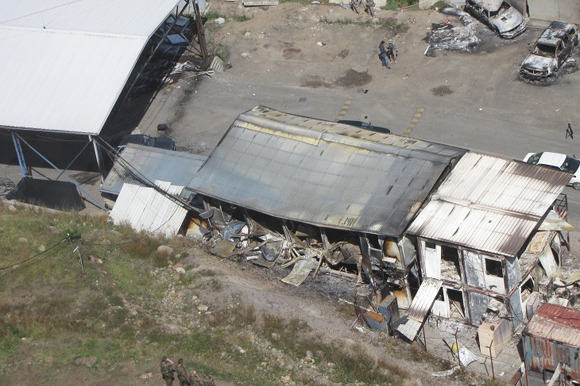French soldiers leave Kosovo

(BRUSSELS2) France should confirm at the next force generation conference its withdrawal from KFOR, the NATO force in Kosovo.
A gradual withdrawal
« The French contingent, a little over 300 strong, many of whom were in charge of logistics (*), will be withdrawn confirmed a diplomat. It will be done " gradually ". The withdrawal has, in fact, already started at the Novo Selo camp (between Pristina and Mitrovica); the first elements will be received before the end of the year. And the whole operation will last until June.
Other needs elsewhere
For France, there are very concrete realities to assume: the intervention in Mali continues while an intervention in the Central African Republic is being prepared, where France will provide a good part of the effort alone. At least in the "first entry". What our interlocutor summarizes: « We do have needs elsewhere. We are faced with choices. »
The format of KFOR must be adapted
Paris also does not share the analysis of certain countries that it is necessary to maintain the manpower of KFOR at a high level (about 5000 men). France believes that it is now time to reflect on a reduction in format, to move by next year to what NATO experts call Gate 3: that is to say a reduction of approximately half of the workforce, essentially concentrated in the risk zone (northern Kosovo) and the presence of an "off shore" reserve force, outside the country, in the way in which the force is organized in Bosnia and Herzegovina (EUFOR Althea). " We don't really need such a robust force in Kosovo. There are not really any risks in the military sense of the term. And if we look at the way the elections generally went, they went relatively well.. (...) It makes sense to adapt NATO's posture, to move from a massive presence to a deterrent presence. »
Who will replace?
The allies have been "warned". Some had already, discreetly, taken to their heels: the British, for example, who only have a symbolic presence in the country, even if they refuse to anticipate a reduction in format. Other countries - which have an interest in the region - could replace the French, the Austrians for example have expressed their interest, according to our information. It will thus be the end of fifteen years of commitment in the country.
Transition to the European Union
On the French side, we are campaigning for a transition of the operation in Kosovo from NATO to the European Union. " Eventually, the European Union could take on greater responsibilities in terms of security in the region. It would be logical because there is a European perspective plotted for Kosovo like Serbia. A bit like the EUFOR Althea operation, but without the joint NATO-EU command system, known as "Berlin Plus". However, it seems that many countries are rather reserved to this prospect and reluctant to change both the umbrella organization and the command system. Difficulty further heightened for the five EU countries that do not recognize Kosovo.
(*) The French contingent called "Trident" is 320 men strong according to the General Staff of the armies: a maneuver unit (lighting and investigation squadron EEI) and a national support element (ESN)
Comments : the reluctance of some countries to withdraw is undoubtedly dictated by security considerations but also more directly domestic and a little less avowed. The large presence in Kosovo has several advantages: relatively low-risk terrain (the last serious incident dates back to November 2011 when 20 Kfor soldiers were injured, including 2 seriously, 2 Austrians), engagement not very far from home, in a very controlled zone, where a certain comfort can be assured to the soldiers and with good visibility.



Comments closed.